Germans ordering e-vans from China as they struggle to do it locally
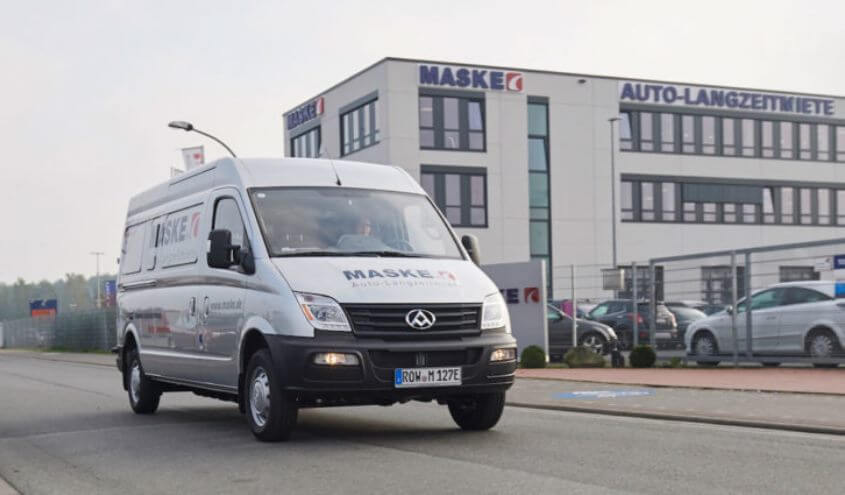
In this blog: German car rental company imports electric vans from China.
Based in Hamburg, Andreas Maske’s company is ordering a lot of delivery vans from China, because German manufacturers do not offer such models yet…
“The German auto industry has completely overslept the segment for electric delivery vehicles for business people,” says the owner and CEO of Auto-Langzeitvermietung. According to Hamburger Abendblatt, the entrepreneur would have liked to rely on domestic technology, but was unable to find such from manufacturers like Daimler or Volkswagen. “Nobody could make me an offer. The first models are expected in 2019 at the earliest,” explains Maske.
Like Deutsche Post, which purchased a small German e-vehicles manufacturer and now makes delivery electric vehicles, Maske is not giving up his e-mobility plans. The result of his efforts is that he was able to secure the Chinese automaker SAIC as battery-powered commercial vehicles supplier. Not only that, but he got the distribution rights to sell SAIC’s electric vans in Germany and Austria for three years.
Enter Maxus EV80
We’ve already covered the 5.7 m long electric van (blog in BG) capable of hauling ten cubic meters of load. Unladen it can be driven up to 200 kilometers though this is about to be confirmed. Once loaded SAIC says the range is 160 kilometers. Actually, that’s enough for many transport services around cities. Then at night, the vans can be charged at comanies’ premises and be ready for use again the next day. Depending on the power supply, Maxus EV80 charging takes two to six hours.
Significant order
This year Maske has ordered 200 e-vans from SAIC, which will soon be delivered by ship. For 2018, the Hamburger has already ordered ten times the amount. Most customers – including SMEs, large bakeries, cemetery gardeners and parcel delivery want to just rent the €55,000 Maxus. “There is still skepticism about battery performance,” explains Maske. The reason is that an e-van, despite lower operating costs, is still “about 15 percent” more expensive than ICE vehicles.
To make sure the Chinese transporter meets the high quality standards of German companies, Maske’s colleagues have completely disassembled and tested the vehicle. “The van may not be sexy, which it does not have to be, but is reliable. Everything is solidly built,” says the car rental company.
So this is how the e-van market in Europe goes so far – with deliveries from China. Renault offers Master ZE but only in France, and it’s such a great vehicles that many will want. The demand is there, but the deliveries lag.

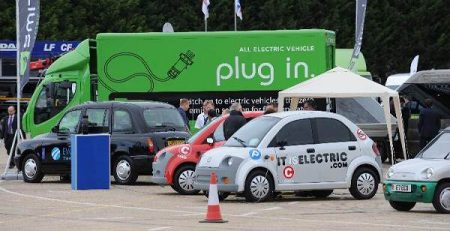
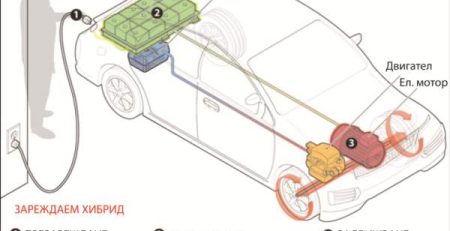
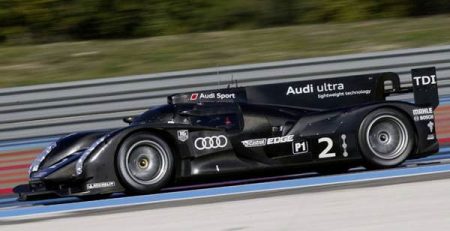
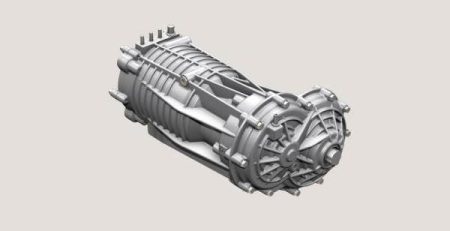
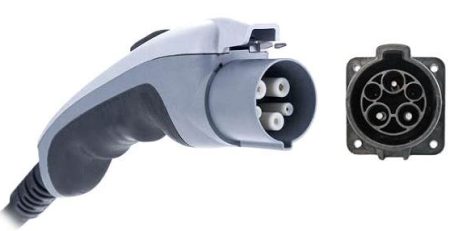
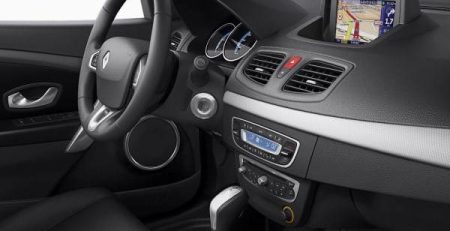
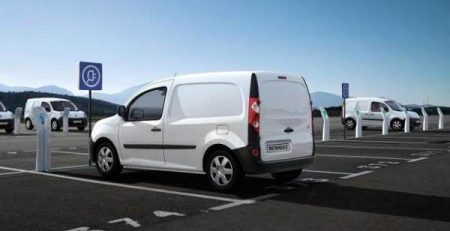
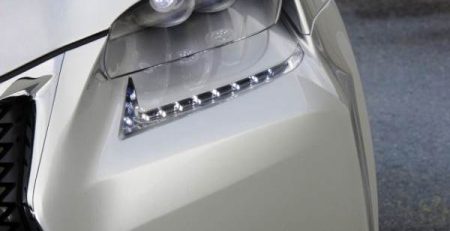
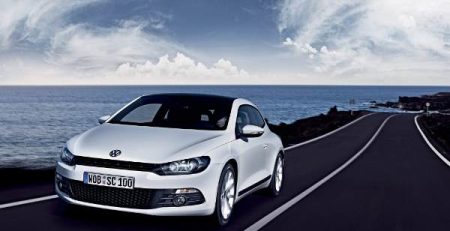
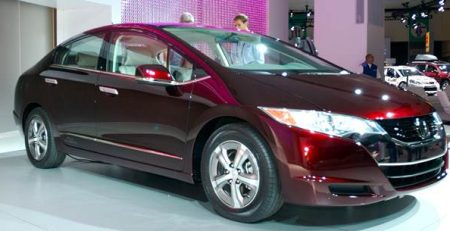
Leave a Reply